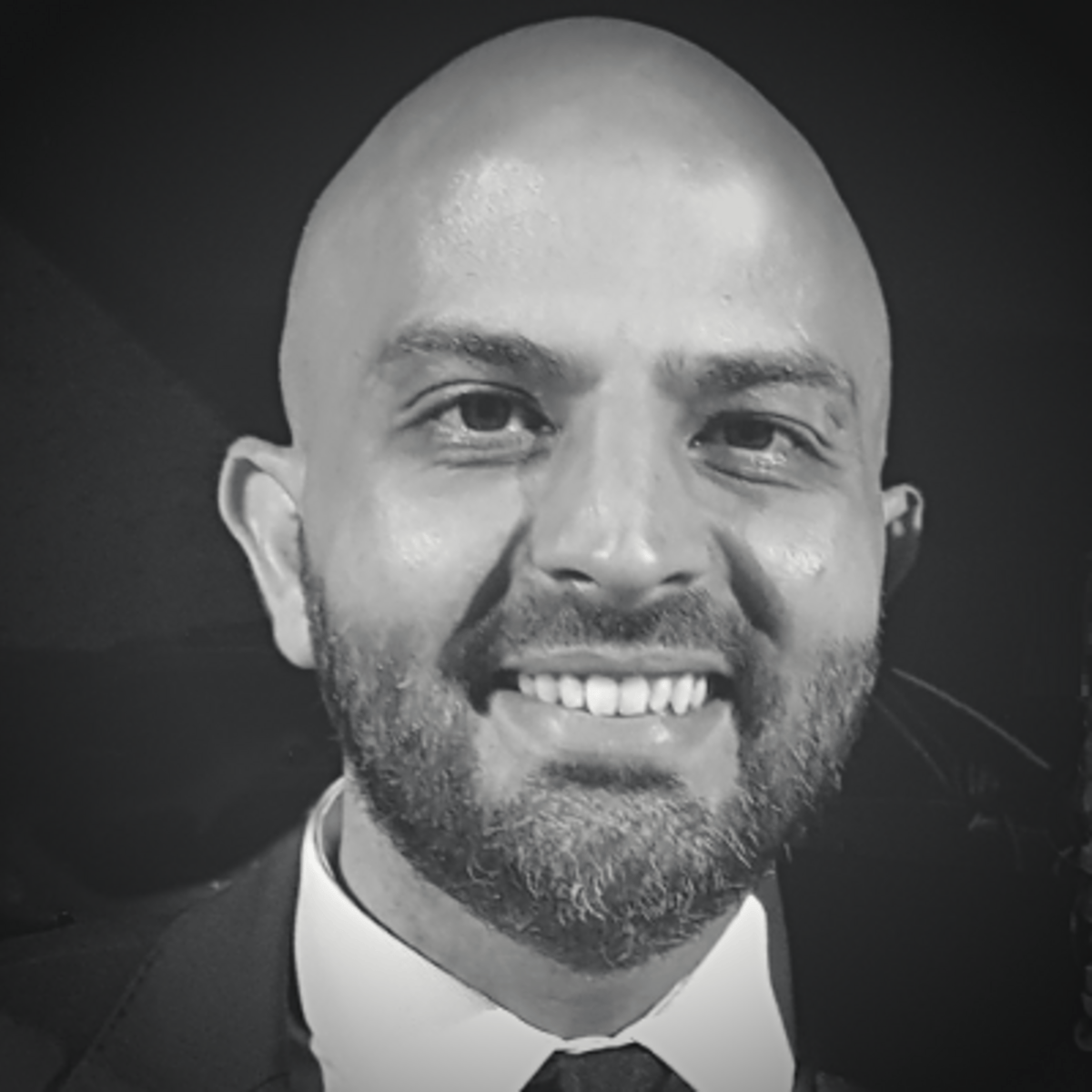If you like quick advice/practical guides on a more regular basis, let’s connect on LinkedIn. I’m now posting more frequently there.
Hey friends,
Recently, a PhD candidate told with me 3 of his papers got rejected by journals.
3 desk rejections.
The reason?
Poor editing. Language issues. Lack of clarity
How to avoid this?
With proper editing, your draft becomes a real scientific paper.
It’s not just about fixing grammar. It’s about making your ideas clear.
You don’t need to be a language expert.
You just need a process.
Here’s what has helped me the most during my PhD
1. Don’t edit while writing
This slows you down
Just write first. Drop all your ideas and key arguments
Then, come back and edit with a fresh mind
2. Edit in layers, not all at once
Trying to fix everything at the same time is impossible.
Break it down:
* fix structure: Is your story clear? Are the ideas in the right order?
* clarity: Are your sentences simple?
* polish language: grammar, spelling, word choice, formatting.
3. Read your draft out loud
It sounds strange, but it works. I like to write like I speak
You’ll catch long and confusing sentences
If you struggle when you read your manuscript, your reader will too (including the editor, peer reviewers, and colleagues)
4. Use feedback early
You don’t need to wait until it’s perfect
Ask a colleague or friend to read your draft and tell you what’s unclear
Sometimes, just explaining your paper to someone helps you find what’s missing.
5. Cut what’s not needed
Every paper has extra words.
Ask yourself:
* Is this sentence doing any work? If not, just remove it
* Can I say this in fewer words?
Less is more
6. Focus on transitions
Good writing flows. That’s how you tell a good story
Use short transitions between paragraphs or sections to guide the reader.
Even a simple line like “This brings us to the next section…” can help.
7. Print it (if you can)
Seeing your writing on paper makes it easier to spot mistakes
You read it differently
You slow down.
In short, remember that editing is not about being perfect.
It’s about being clear
Start writing freely
Edit with intention (keep the reader in mind)
Repeat until it’s good enough
Let me know what editing tips work for you
As always, if you need clarification or assistance with your research projects, feel free to reach out to me, and I will respond
See you next Sunday!
Jamal
